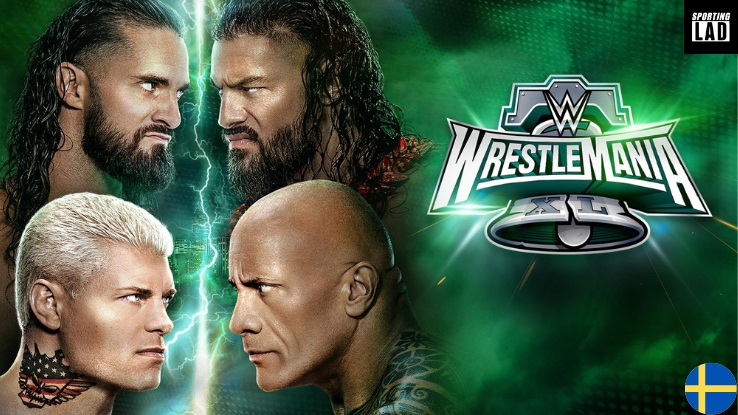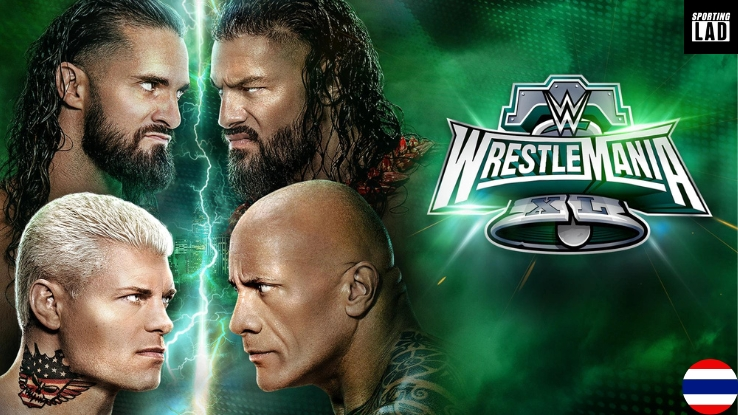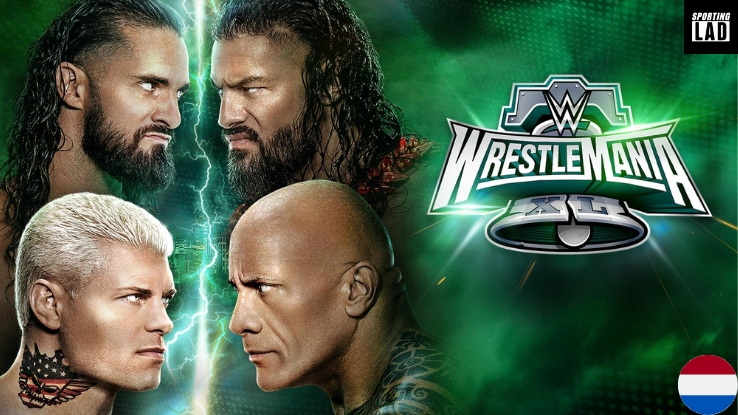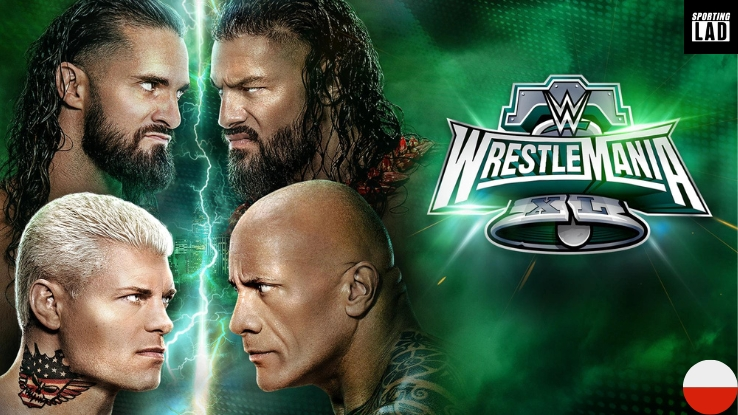In the fiercely competitive world of business, big brands are constantly vying for consumer attention. One powerful way they achieve this is by associating their name with major sports events, teams, or competitions. Sports sponsorship not only boosts brand visibility but also fosters brand loyalty. In this article, we’ll delve into the realm of biggest brand sponsors in sports and explore the eight biggest brand sponsors in the world of sports.
1. PepsiCo: Leading the Way
PepsiCo, with its flagship brand Pepsi, reigns supreme as the on of the largest brand sponsors in sports globally. The company allocates a staggering $3 billion annually to advertising, a substantial portion of which is directed towards sports sponsorship. PepsiCo adopts a comprehensive strategy by sponsoring leagues, tournaments, individual teams, and athletes.
In a pivotal move in 2015, PepsiCo entered into a partnership with the NBA, ending a 28-year association that Coca-Cola had with the league. This partnership encompasses PepsiCo’s soda and snack brands. Additionally, one of the world’s most marketable athletes, LeBron James, terminated his 17-year affiliation with Coca-Cola in 2021 to become the face of PepsiCo’s Mountain Dew energy drink.
2. Red Bull: Redefining Sports Sponsorship
Another on of the biggest brand sponsors in sports, Red Bull has made its mark on the sports world since its founding in the 1980s. The company is renowned for its strong association with extreme sports and motor racing. Red Bull Racing and Scuderia Alpha Tauri, both Formula 1 racing teams, are owned by Red Bull. The latter has secured four Constructors’ Championships and five Driver’s Championships since its establishment in 2005.
Beyond racing, Red Bull owns football teams like RB Leipzig in the Bundesliga and New York Red Bulls in the MLS. The brand has also ventured into eSports, sponsoring over 750 eSports athletes in 2016.
3. Coca-Cola: A Legacy of Sporting Partnerships
Coca-Cola, a household name, boasts a rich history of sports sponsorship. The company was the inaugural sponsor of the Olympic Games in 1928 and continues to be a major supporter of the event. Coca-Cola’s sports sponsorship strategy extends to some of the world’s most prominent sporting events, including FIFA World Cups in soccer, cricket, and rugby.
In addition to global events, Coca-Cola has had long-standing associations with major league sports. For six seasons, the English Football League bore the name Coca-Cola Football League, and the Football League Cup was known as the Coca-Cola Cup from 1992 to 1998. Coca-Cola’s involvement in the Premier League promotes several of the company’s brands. While its partnership with the NFL ended in 2002, Coca-Cola continues to sponsor numerous individual athletes and teams across major American leagues.
4. Samsung: A Diverse Sports Portfolio
Samsung, the South Korean manufacturing giant, allocates over 5% of its annual revenue to advertising and marketing. Sports sponsorship plays a significant role in Samsung’s strategy, with a dedicated sports marketing and sports club division named Samsung Sports.
The company boasts individual sponsorship agreements with iconic athletes such as David Beckham, Lionel Messi, LeBron James, Manny Pacquiao, and Usain Bolt. Samsung is an official partner of the International Olympic Committee and holds substantial sponsorship agreements in La Liga, NASCAR, the PGA Championship, and MLB. Additionally, Samsung owns football club Suwon Samsung Bluewings, baseball team Samsung Lions, and basketball team Seoul Samsung Thunders.
5. Nike: Dominating Athletic Apparel
Nike, synonymous with athletic apparel, dedicates half of its $1.6 billion sponsorship budget to soccer. The company also has a strong presence in basketball and American football, along with smaller deals in baseball and golf.
Nike has inked some of the most significant sports sponsorship deals in history. Notably, the company signed a lifetime deal with Cristiano Ronaldo that began in 2003 and is set to exceed $1 billion. Nike’s enduring sponsorship of Tiger Woods, despite global scandals, is a testament to its commitment to athletes. Rory McIlroy joined Nike in 2013 on a 10-year, $250 million deal, while LeBron James boasts a lifetime Nike contract worth at least $1 billion.
The swoosh logo of Nike is iconic in the sports world, particularly in basketball. Nike’s collaboration with Michael Jordan in 1984, marked by Air Jordan, is a historic moment in branding, with the Air Jordan brand now valued at over $3 billion. Nike’s partnerships extend to many NBA superstars, including Kobe Bryant, Vince Carter, Kevin Durant, Jason Kidd, and Paul George. The company also sponsors top track and field athletes like Carl Lewis, Michael Johnson, and Jackie Joyner-Kersee.
6. Adidas: A Soccer Powerhouse
German apparel giant Adidas is synonymous with soccer, with 73% of its $1.4 billion annual budget dedicated to the sport. Adidas sponsors national teams, including Germany, Spain, Argentina, and Mexico, and is the official sponsor of the UEFA Champions League. The Adidas Finale serves as the official match ball for the competition.
Adidas was the NBA’s uniform and apparel supplier from 2006, following its acquisition of Reebok, until 2017. The company has been a major sponsor of Major League Soccer since 1996, signing a six-year, $700 million extension in 2020. Adidas also supplies kits to the NHL until at least 2025 and sponsors NFL athletes like Aaron Rodgers and Patrick Mahomes.
Apart from soccer and basketball, Adidas invests more in futsal than basketball and ice hockey combined. The brand sponsors Bayern Munich and secured the largest kit deal in history, a minimum guaranteed $1.29 billion deal with Manchester United over ten years. Adidas also sponsors individual athletes like Andy Murray, Usain Bolt, and Aaron Rodgers.
7. Reebok: A Focus on Individual Athletes
Sportswear manufacturer Reebok has endorsed soccer superstars such as Thierry Henry, Andriy Shevchenko, and Ryan Giggs. Clubs like Liverpool were sponsored by Reebok, and Bolton Wanderers’ home ground was known as the Reebok Stadium until 2014.
Reebok primarily focuses on individual athlete endorsements. The brand maintains a lifetime deal with Allen Iverson, worth $800,000 annually, and will grant him access to a $32 million trust in 2030. Reebok also endorses NFL stars like the Watt brothers and Devonta Freeman. While Reebok once held exclusive rights to manufacture and market authentic and replica NFL jerseys for ten years starting in 2007, it also secured a deal to become the official shoe supplier in MLB in 2004.
Reebok was acquired by Adidas in 2006 for $4.9 billion, shifting the parent company’s focus towards the Adidas brand. Notably, Reebok’s partnership with the UFC helped legitimize the sport in the mainstream, with Reebok paying out nearly $40 million in prize money to fighters during the partnership.
8. Castrol: Fueling Motor Sports
British oil giant Castrol has a strong association with motor sport racing. The company’s sponsorship journey in racing commenced with McLaren in 1979, followed by sponsorship of World Rally Championship teams since 2003. Castrol has also had agreements with motor sport teams like Volkswagen, Audi, and BMW.
Suggested Read: Top 10 Most Popular Defensive Players in NFL History
Summing it Up!
In the dynamic world of sports sponsorship, these eight brands have left an indelible mark. From PepsiCo’s colossal presence to Castrol’s enduring commitment to motor sports, each brand has strategically leveraged sports sponsorship to build brand loyalty and global recognition. These sponsorships extend beyond the realm of business; they shape the sports landscape, fuel athletes’ dreams, and unite fans worldwide. As these brands continue to invest in sports, they not only boost their own profiles but also contribute to the excitement and passion that sports bring to millions of people around the globe.




